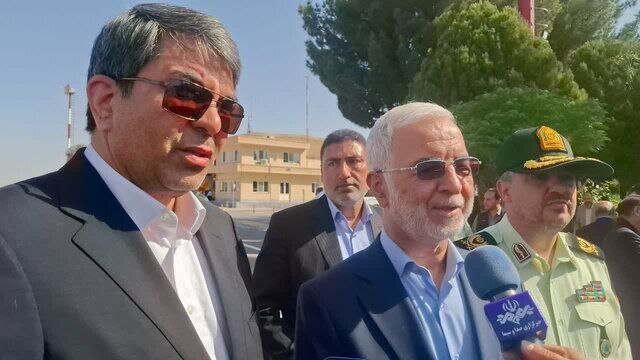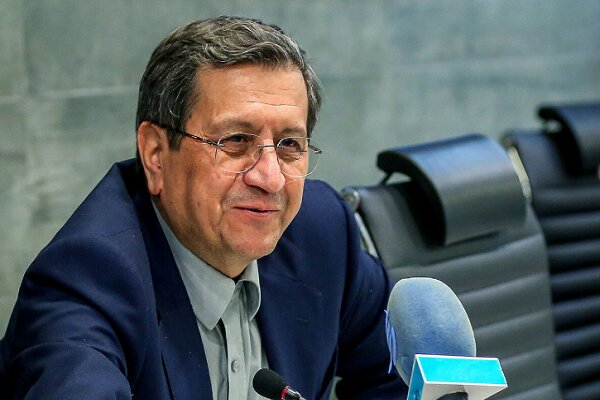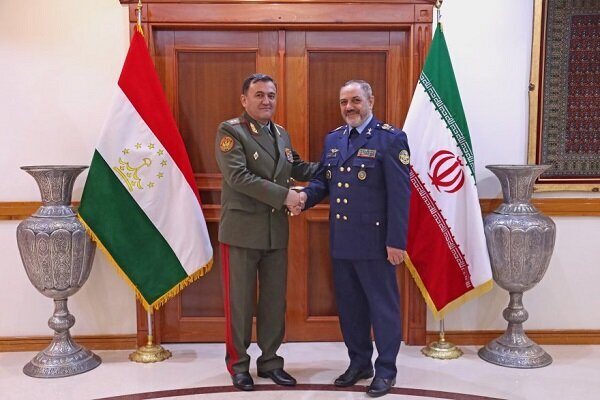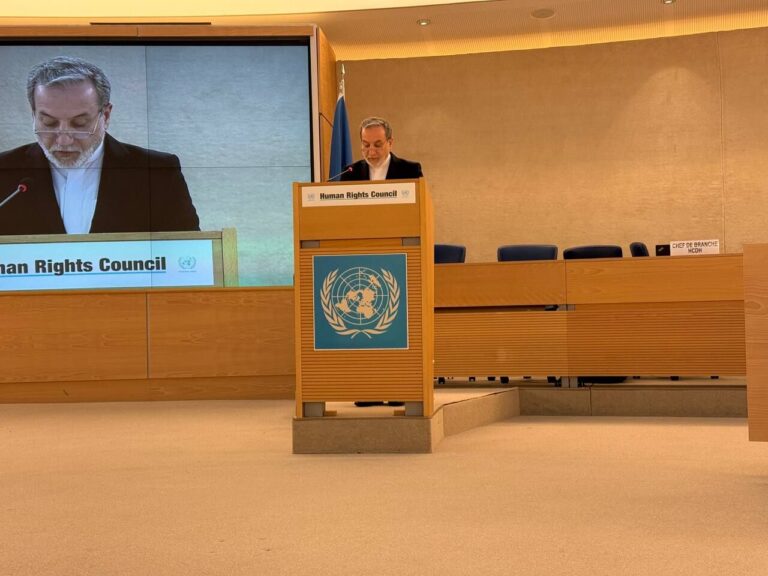Iran’s Interior Minister Declares Nation Lacks Resources to Accommodate Illegal Refugees
In recent discussions surrounding the significant issue of undocumented foreign nationals in Iran, Interior Minister Eskandar Momeni emphasized the country’s limited capacity to accommodate refugees. With a current estimate of two million undocumented individuals residing in Iran, the government is prioritizing their repatriation to their home countries.
During a statement made in Kerman province on Friday, Momeni expressed concern over the impact of unauthorized refugees on local job markets and subsidy consumption. He stated, “Despite having numerous religious, historical, and cultural commonalities with neighboring countries, the country simply has no more capacity for illegal refugees. Our top priority is to send them back to their home countries,” as reported by ISNA.
According to Nader Yar-Ahmadi, the head of the National Organization for Migration, there are currently 6.1 million Afghan nationals living in Iran, both documented and undocumented. He noted that:
- Approximately 2.1 million of these individuals hold valid documentation.
- About two million others have been registered, while the remaining individuals entered the country illegally.
Yar-Ahmadi also revealed that over the past Iranian calendar year, which spanned from March 2024 to March 2025, Iran deported more than one million undocumented nationals. Of these, roughly forty percent returned voluntarily to their home country.
While women and children constitute the majority of unauthorized foreign nationals, many of them are actively contributing to the workforce. However, Momeni highlighted that the high costs associated with hosting refugees—such as food, transportation, and fuel—have strained Iran’s resources. Due to insufficient international aid, the government is eager for these individuals to return home.
In a recent meeting between Afghanistan’s Acting Minister of Refugees and Repatriation and the Director General for South Asia at Iran’s Foreign Ministry, discussions were held to address the plight of Afghan migrants. Reports from Saturday indicated that Mawlawi Abdul Kabir, Afghanistan’s Acting Minister, met with Mohammad Reza Bahrami in Kabul.
During this meeting, Abdul Kabir acknowledged the longstanding historical ties between Iran and Afghanistan, expressing gratitude for Iran’s years of hospitality towards Afghan migrants. He also urged for continued compassion in Iran’s treatment of these individuals.
Furthermore, Abdul Kabir revealed that Kabul is implementing plans for the voluntary return of Afghan refugees, including the construction of 46 residential townships to house returnees.
In response, Bahrami recognized the presence of millions of Afghan nationals in Iran, many of whom lack legal documentation. He stressed the necessity for enhanced cooperation between Iran and Afghanistan to tackle ongoing challenges, extending an invitation for Abdul Kabir to visit Tehran.
Bahrami welcomed Afghanistan’s housing initiative, viewing it as a positive advancement towards facilitating the voluntary return of migrants. Foreign Minister Abbas Araqchi also commented on the situation, stating that Afghan refugees will return to their homeland in a process that will be both gradual and dignified.
He elaborated, “We are negotiating with the Afghan government so that this process can be done in a principled and organized way. We do not want the return of [Afghan] nationals to become a social crisis for the two countries. The important principle for us is to do the work based on a logical and reasonable procedure,” as reported by IRNA.
Yar-Ahmadi has also indicated that in the event the international community fails to take responsibility for the refugee crisis, Iran may reconsider its immigration policies. This statement underscores the urgency of collaborative efforts to manage the influx of refugees while ensuring the welfare of both Iranian citizens and those seeking refuge.
As discussions continue, the focus remains on finding sustainable solutions to the refugee situation in Iran, emphasizing the importance of cooperation between Iran and Afghanistan to address the needs of undocumented migrants.






